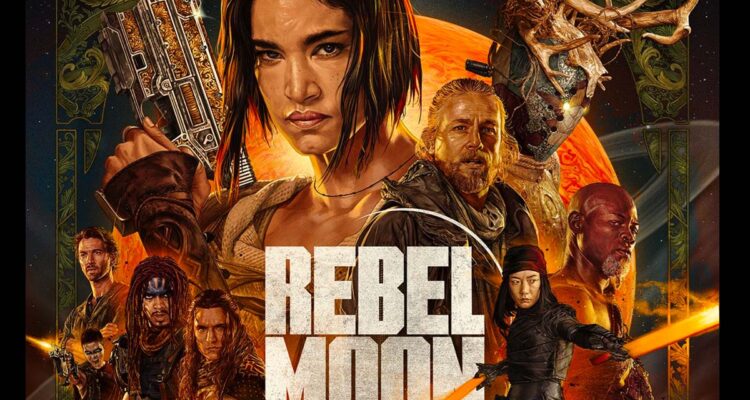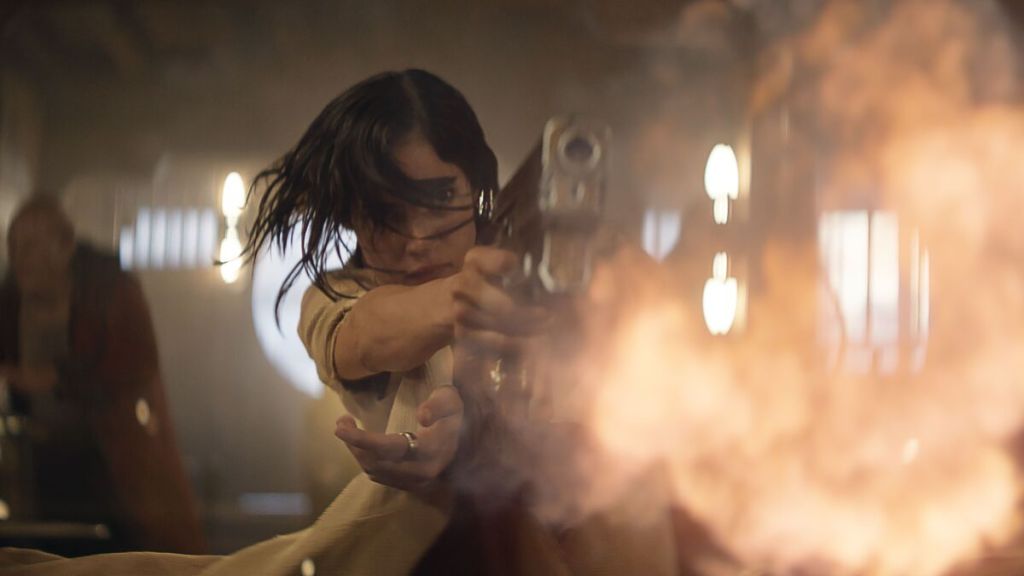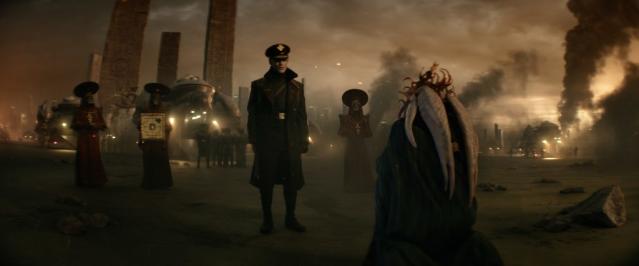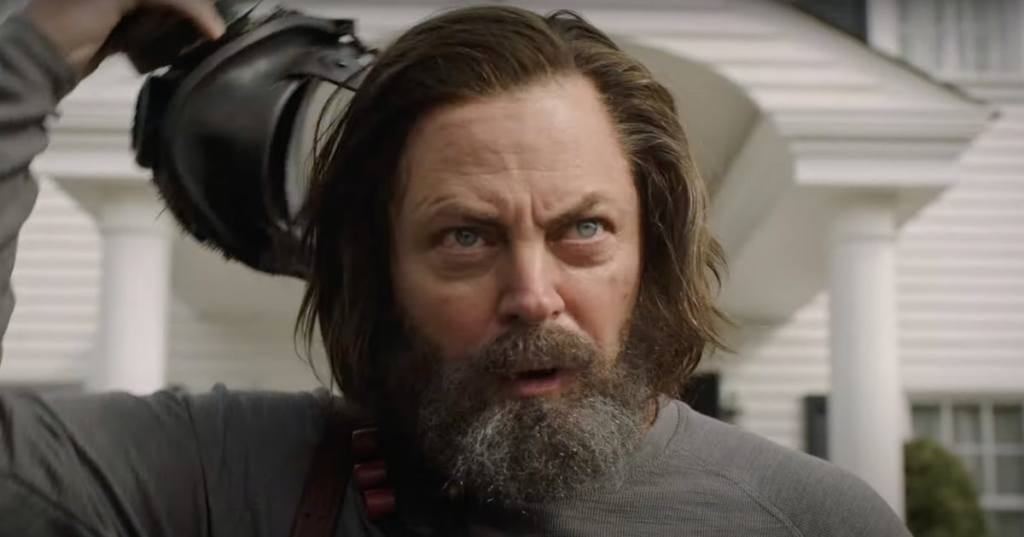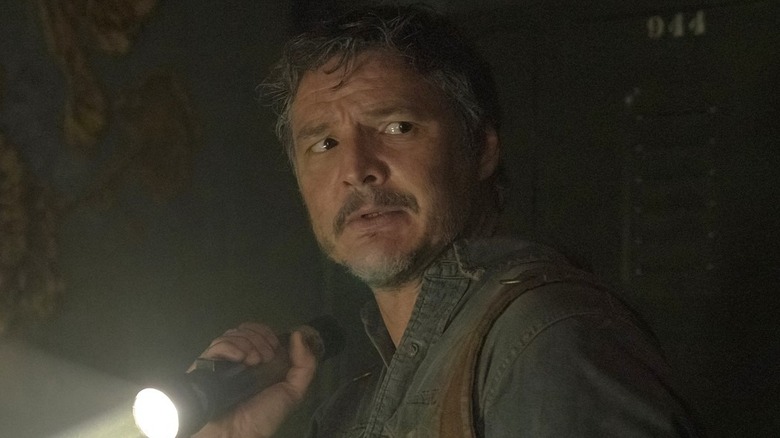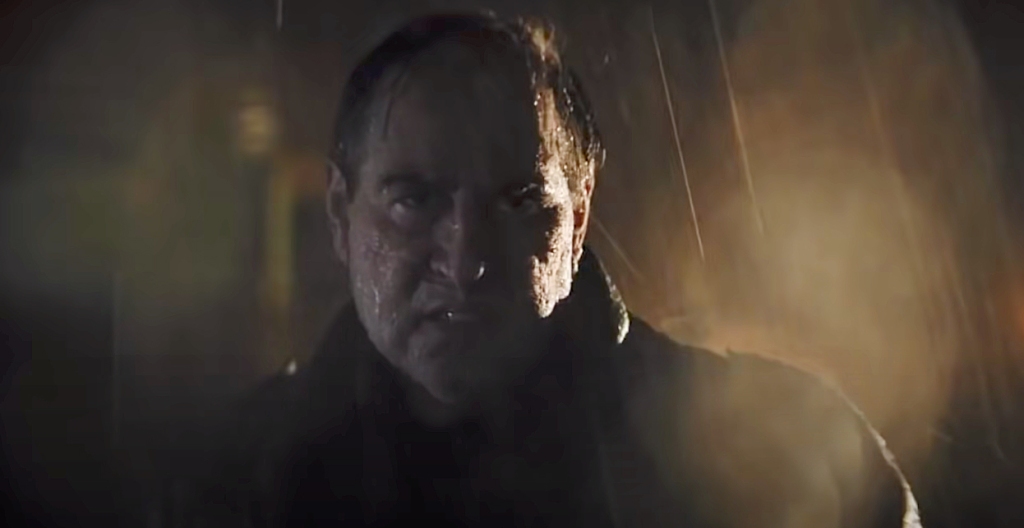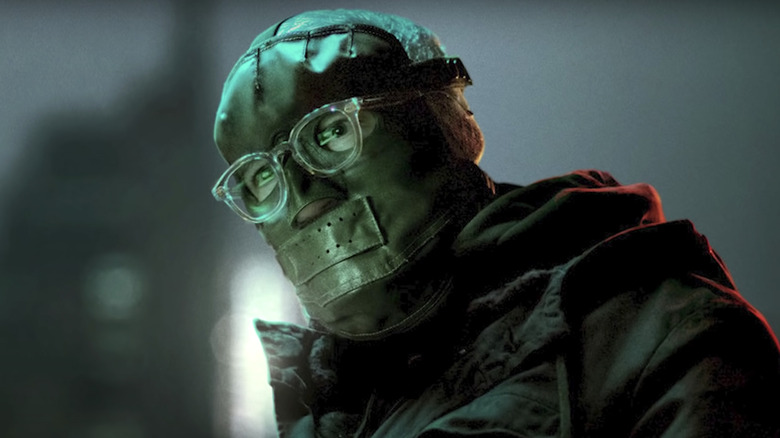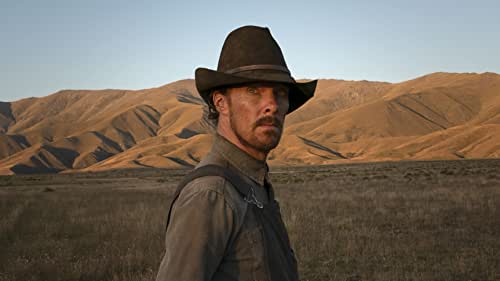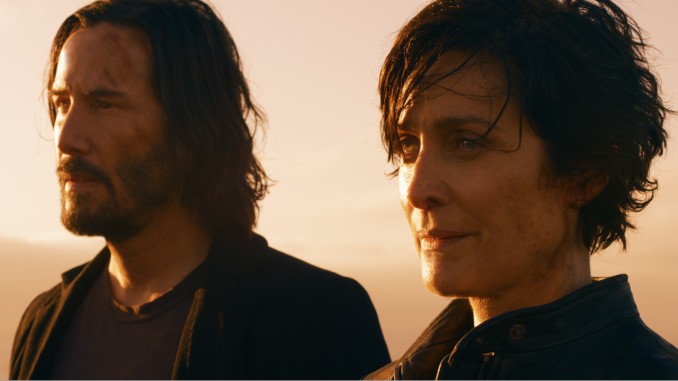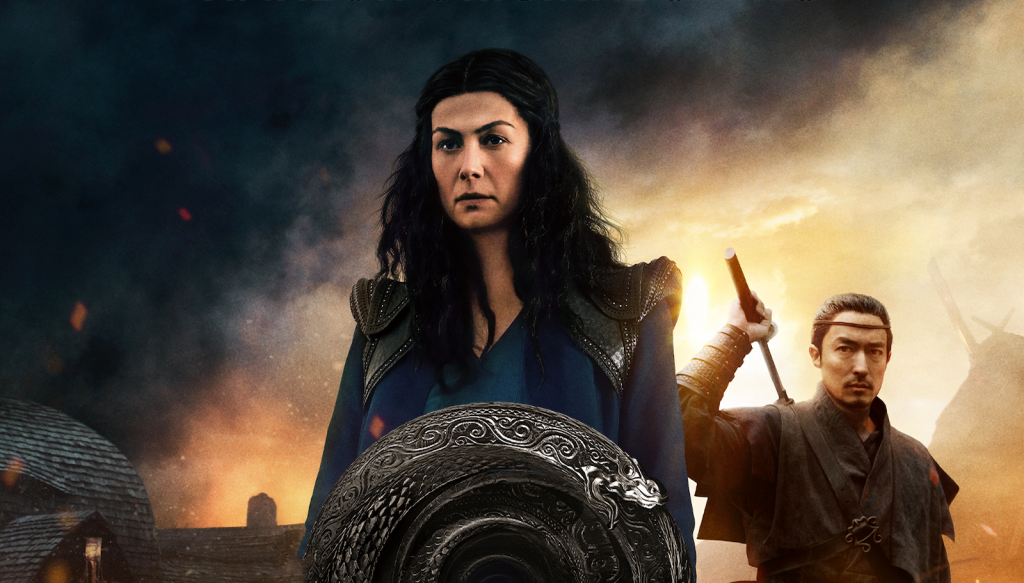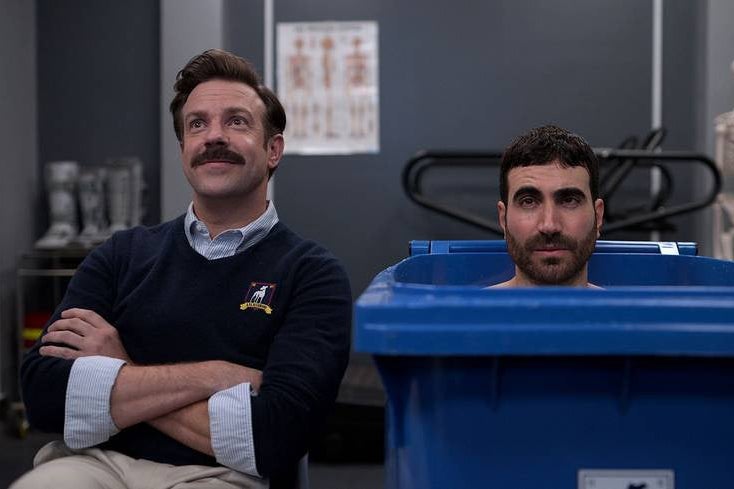It’s always a challenge writing about something Zack Snyder did, he’s a director who likes to tackle big concepts and has pretty fiercely devoted fanbase as well as a reputation for being a super likable guy. He also happened to experience an unimaginable family tragedy right in the middle of what was probably his dream project, so just teeing off on the dude feels petty and mean-spirited. However. He’s very bad at making movies sometimes, or more specifically, he’s bad at writing movies. When it’s someone else’s work, essentially in screenplay format as graphic novels 300 and Watchmen, he’s a solid, if by-the-numbers visual director.
Dawn of the Dead is probably his most well-received work and even that was written by a certain James Gunn, so it’s not hard to figure out where the quality came from. But when he has more and more of a hand in terms of creative control, his worse tendencies come to the forefront and pointing all those out because they are fairly consistent is super easy. Barely an inconvenience. So that’s what we’re going to do, I’ve watched the cumbersomely titled Rebel Moon: A Child of Fire – Part One, so you don’t have to (who are we kidding, it’s going to play in the background while you make dinner at some point while Netflix is jamming it in our faces for the next week) because screw it, Backstreet’s Back, alright.
Have you seen Seven Samurai? Because you’re about to. I don’t think Zack has, but I’m fairly certain he read the summary on Wikipedia. My favorite part of the film’s premise is that the antagonists are this space-faring galactic empire who have conquered/enslaved/subjugated (Zack’s actual choice of using synonyms instead of dialogue, not mine) all across the galaxy and have mastered interstellar travel and laser weapons but they also REALLY need the sorghum or whatever on this one moon for some reason. Like so bad.
This is also famously his attempt at a Star Wars, after going to Disney and pitching his idea they politely said, “Get lost, weirdo.” My guess is because the film opens with a giant spaceship emerging from some kind of faster-than-light space vagina portal. Seriously. Then he went to Netflix and they were like, “Sure, why not. What even is brand quality.” I mean, remember The Gray Man? Because you’d literally be the only one. So not only did Netflix give Snyder his space movie, they gave him two and a rumored Director’s Cut because life is unfair and sometimes nothing matters.
Of all the movies that I’ve tuned out watching, this is almost the tuning-out-of-ist the most, with the crown going to the remake of Point Break that I spaced out on and found myself folding laundry because unconsciously I was more interested in folding laundry than watching that movie. Rebel Moon isn’t quite that bad. Zack, I’m certain, makes a film by creating the trailer for it first and then just kneading the plot out like a big ball of stupid dough. There are, as one would expect, some beautiful set pieces and scenery, as well as pretty people. It is occasionally eye catching as the aforementioned Star Wars-esque ‘used future’, with old-timey looking weapons affixed to worn out, grimy spaceships and stunning sky-boxes to gaze at while glancing up from your phone. Also, it’s almost always night time. Except this one time:

The plot itself is barely important. What Zack likes to do is deliver exposition, but instead of following the old ‘show don’t tell’ adage, he says fuck it. Do both at the same time. So there are extensive backstories that are also narrated as what is essentially lore that has no bearing on the story itself that is difficult to retain but is really just an excuse for bringing more concept art to life. And so much of the art here is Star Wars adjacent, like someone pilfered the recycling bin at LucasFilm, wrote an elevator pitch for each scene, and Snyder and company immediately got to work computerizing it all without any thought or consideration of the consequences.
This is where it gets easier to pick on Zack, when those previously mentioned habits start to repeat themselves, you start to get a little mad, not at him so much as yourself for falling for an impressive trailer once again. The worst of these, in my opinion, and one that aggravates me the most, is the fact that in almost all of his movies, the more beautiful or sexy a character is, the more good they are. The villains are almost always ugly or deformed or geeks and the heroes are almost always wildly and unrealistically hot. Not quite to Michael Bay levels of supermodel scientist, however, but the main difference is in the Transformers movies the main character is Sam Witwicky, a nerd. And a hero in a Zack Snyder film will never, ever be a nerd.
I thought I may have just been imagining things but this suspicion was seemingly confirmed when he cast Jesse Eisenberg as Lex Luthor. At the time it was a baffling choice, some folks held out hope that this was some kind of Heath Ledger-level discovery but no, the star of The Social Network was just essentially an over-caffeinated Mark Zuckerberg with a sweet tooth who had some overarching, convoluted master plan to set the two beautiful ultra-masculine heroes against each other. The only time there is a little variation in this is Sucker Punch where the fetishes protagonist women fight using SEXINESS and EMPOWERMENT and the villains in that were Jon Hamm and Oscar Isaac, neither of whom are nerds or ugly. But on the other hand, their sexuality isn’t magnified and glazed in tanning oil either, and they are sort of neutral parties relative to the story.
There is a scene in Rebel Moon that propelled this review into existence, where the gorgeous, handsome farmer played by one of the Daario Naharis (the good one) from Game of Thrones is sexually assaulted in totally not the bar on Tatooine by an ugly, deformed man-creature. This random, completely unnecessary plot beat is all bloated and mottled and gaaaaaay. Gross, right? To be clear, I am not outright accusing Snyder of homophobia, even though the scene itself is that all too common Hollywood trope of gay equals icky danger. It’s impossible to accuse him of this because he is so clearly and enormously obsessed with the perfect male physique and anatomy. 300 is a terrific and entertaining movie about gorgeous looking men fighting off gross foreign monster people with the entirety of their chiseled abdomens constantly unprotected and on display during, you know, combat. And I mean I really appreciated the fidelity to the source material in Watchmen, but I would kill to be a fly on the wall for his Dr. Manhattan notes:
“It’s got to…dangle more, independent of the testicles, which should themselves have their own center of gravity, sort of like a swaying…“
*silence, followed by a CGI animator clearing their throat*
Am I accusing Zack of potentially being a closeted homosexual? I don’t think that that closet is a traditionally secure one, more like one of those closets with horizontal slats for a door. Because you can see right the fuck through it. And, for the record, that’s totally fine. I hope he’s able to live his best life without judgement. But in the mean time, how about throwing some non-gym rats a little bit of credit for saving the day now and then? How about showing some evil pretty people here and there, or a compelling, redeemable uggo for a change, especially now that you have your own Netflix-financed sandbox to play in. But that is unlikely to happen.
Back to the film. Rebel Moon: A Child of Fire is trying very hard to be it’s own thing while obviously cribbing from other works of fiction, and some version of that statement has probably been repeated in almost every written review of the thing. But what it includes to try and set itself apart are Zack’s signature visuals, the slow-motion, balletic combat scenes, and, most distractingly, more threats of sexual violence that you would expect from a Star Wars clone. There are also “characters” with as much substance and depth as those cardboard cutout standees in the lobby of a movie theater this film will not be playing in. This is probably a good thing, since audiences might wander out, see those cardboard cutouts, think the film is still going, and get stuck watching them, waiting waiting waiting for something of significance to happen.
Oh, and Anthony Hopkins is in it. That’s all I got, until the end of April when I reread the plot summary somewhere in anticipation of PART TWO, and I’m using that word ‘anticipation’ very generously.
